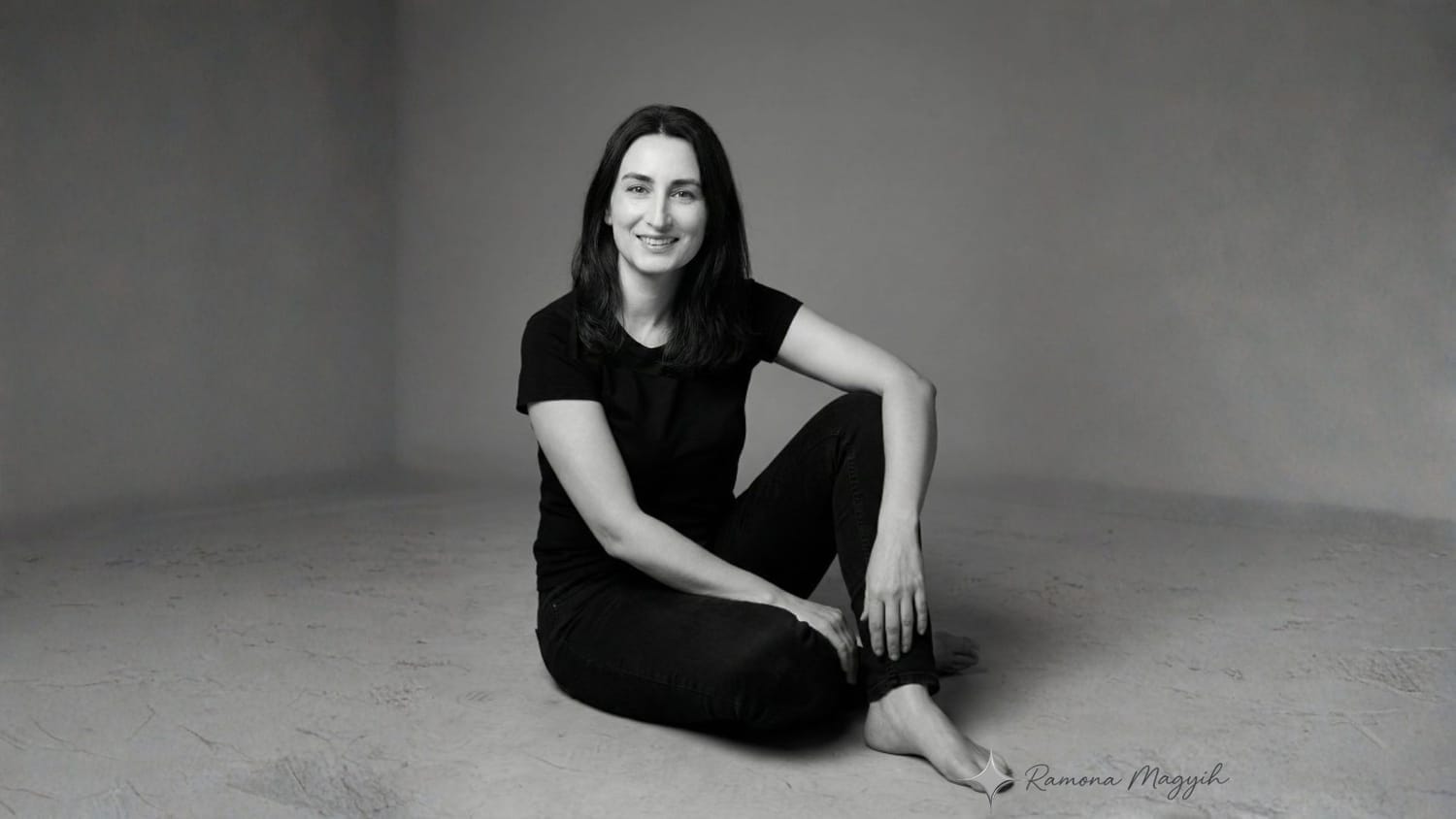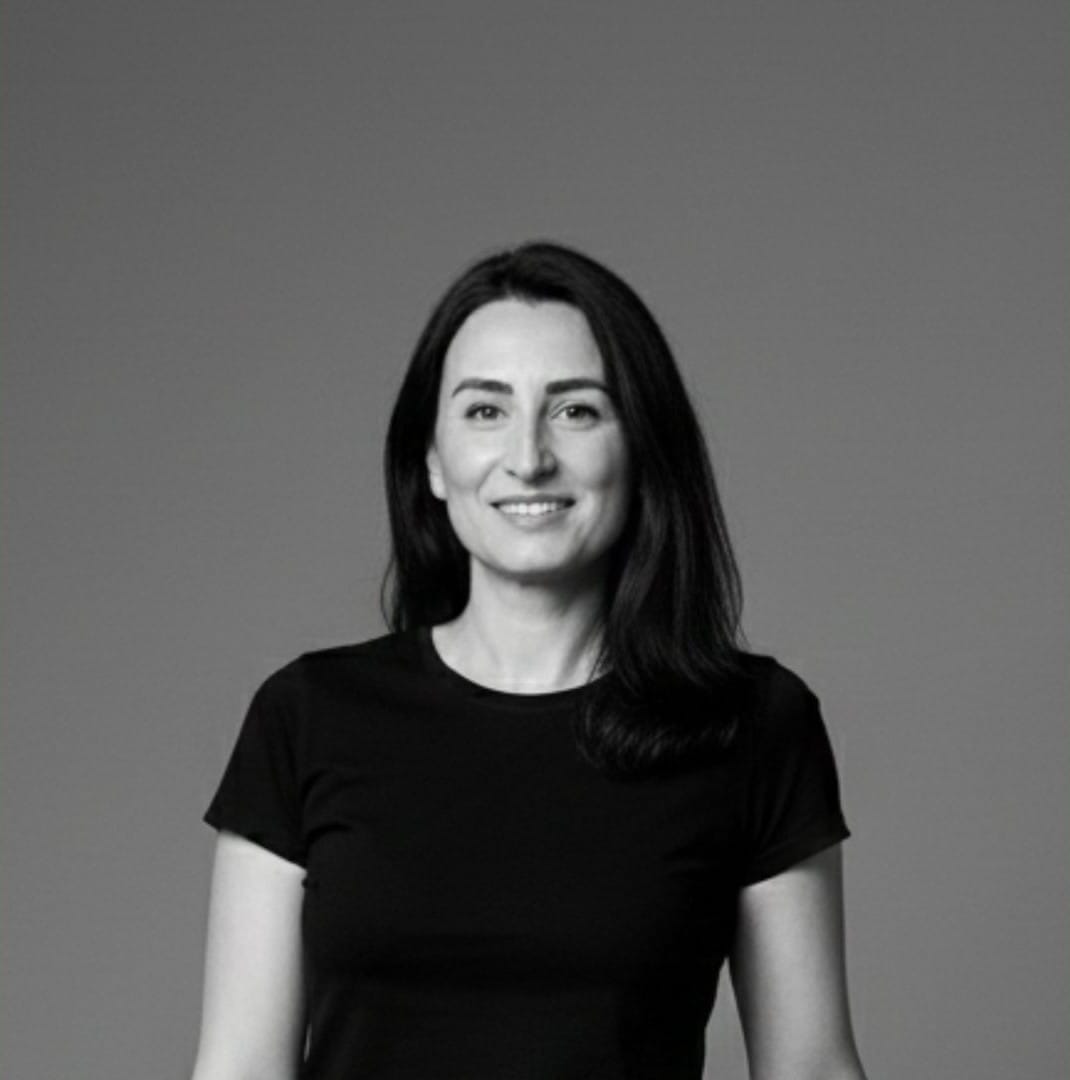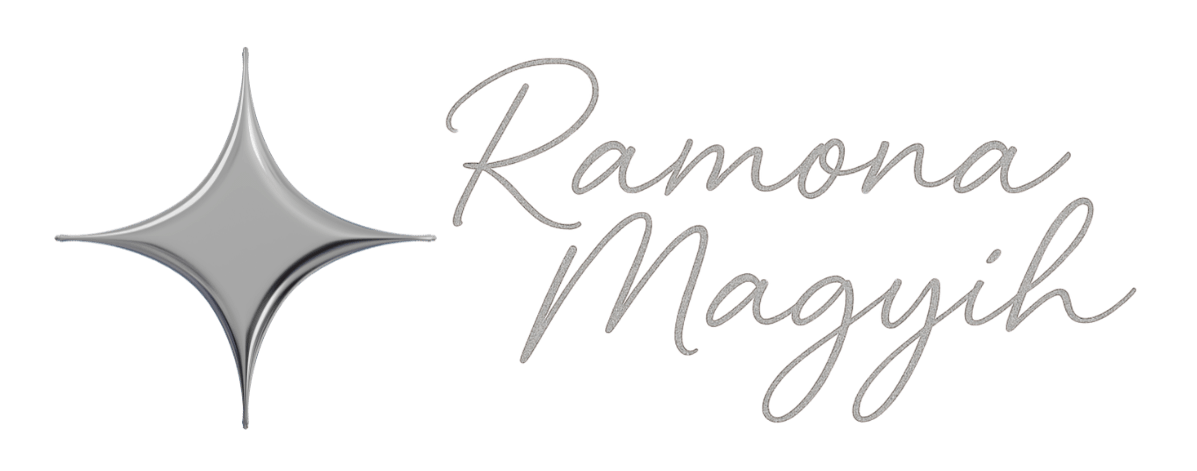How “I Can’t” Was Born and the Hidden Roots of Self-Doubt
In this article, we talk about the emotional origin of the phrase “I can’t”, not as a statement of ability, but as a protective response shaped by past pain, rejection, and internalized fear. It highlights how self-doubt is often rooted in early experiences of shame or failure, and how reclaiming mechanism starts with compassion, not pressure. A powerful reflection on the difference between limitation and learned helplessness.
The Quiet Power of “I Can’t”
"I can't."
It slips out of my mouth too easily sometimes. Not loud. Not dramatic. Just… resigned. A whisper wrapped in exhaustion. A quiet folding in.
But it wasn’t always there. "I can’t" had to be learned. It was born somewhere between hope and humiliation. Somewhere between trying and being told, "not like that," "you’re too much," "you’re not ready," "you’re not enough."
I think “I can’t” was born the first time I was laughed at for wanting something too big. Or maybe when I reached out, and no one reached back.
Maybe it was the third, the fifth, the ninth rejection that finally did it. Not a single event, but erosion. A slow, steady drip of Why do I even bother?
Where It Starts?
At some point, the part of me that used to say “let’s try” sat down and got quiet. Because hope without support isn’t hope... It’s cruelty.
And when failure becomes familiar, “I can’t” starts to feel like protection. A wall between me and more disappointment. A way to keep my hands clean and my heart intact.
“I can’t” became a life jacket. Heavy. Uncomfortable.
But it kept me afloat in the deep end of "What if I try again and it hurts worse this time?" And no one told me that “I can’t” often means “I’m scared.”
That it means “I tried before and it broke something in me.”
That it means “I don’t want to feel that kind of failure again.”
Or “I don’t trust myself to survive what might happen.”
No one told me that under every “I can’t” is a younger version of me that did and got punished for it.
Mocked for it.
Abandoned for it.
Shamed for it.
And so now, even when I’m capable, even when the opportunity is here, even when the door is open...I stand still.
Because “I can’t” isn't about what I can do. It’s about what I believe I deserve.
That’s the real prison. Not ability. Not timing. But belief.
And the hardest part is this: People see the surface. They see the shrug, the excuse, the avoidance, the flake.
They don’t see the war underneath.
The part of me that wants to say yes.
The part that aches to try.
The part that remembers who I was before I learned to be afraid of my own wanting.

Learning “I Can”
“I can’t” isn’t always the truth. Sometimes it’s just grief in disguise. And maybe the work now is to meet it there. To ask it gently, “What are you protecting me from?”
To sit with it, not shame it. To remember the exact moment it was born, so I can give it something I didn’t have back then:
Safety.
Patience.
Permission to want again.
“I can’t” was born in a moment of pain. But maybe... Just maybe...It doesn’t have to live forever.
I hope you enjoy reading this blog post. If you'd like to explore it more deeply, read more in this series of thoughts.

HEY, I’M RAMONA…
... And I write for women who shut down instead of breaking down, women who overthink everything, say nothing, and carry their whole life quietly inside.
I don’t write for the confident part of you. I write for the trembling one.
The overthinking one.
The one who apologizes before they breathe.
The one who’s been “strong” for so long, it became a kind of loneliness.
I don’t write for virality. I write for recognition. For the moment, someone whispers, “I didn’t know anyone else felt this.”
That is the metric I serve.
I hope my words and thoughts connect with you.
Let’s understand and heal the part of you that panics, shuts down, or attacks itself. Start with whatever feels gentlest.
contact@startsera.com
LET'S CONNECT
NEWSLETTER
Subscribe to be friends and stay in touch.
© Copyright Zontap 2025-2026 | Cookies Policy | Privacy Policy | Terms of use|
Created with © Systeme.io




